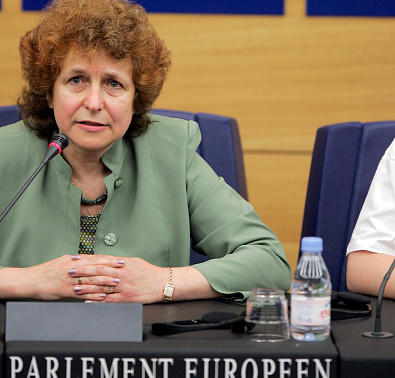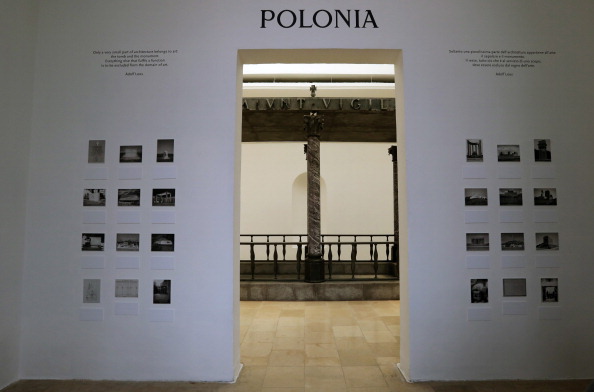European Union-funded textbooks helped to radicalise Gazans in the lead-up to the October 7 Hamas terror attacks on Israel, the European Parliament has stated in a resolution.
The Parliament’s resolution, part of its April 11 discharge document signing off on the EU budget, said educating young people to hate has “direct and dramatic consequences on the security of Israelis as well as on the perspectives of a better future for young Palestinians.”
In future, it added, “financial support from the [European] Union to the Palestinian Authority in the area of education shall be provided on the condition of a national Palestinian curriculum, with reference textbooks and educational material, that is free from anti-Semitic contents and incitement to violence”.
The decision has been praised by several international organisations, many of whom have demanded for a long time that action on the issue was needed.
“For years, we have warned that the textbooks taught to Palestinian children create the conditions for the barbarism we all witnessed” on October 7, Marcus Sheff, the head of education NGO IMPACT-se, told Brussels Signal.
“The EU Parliament is now saying: ‘Enough.’”
Jerusalem-based consultant Irene Rabinowitz also thanked MEPs for the decision, telling Brussels Signal that some educational material previously funded by the EU contained graphic imagery.
“Textbooks I have seen, funded by UNRWA [the United Nations Relief and Works Agency for Palestine Refugees in the Near East], include images of kids stabbing Jews,” she said.
“Thank you, European Parliament, for taking this on.”
EXCLUSIVE: Brussels Signal has received a leaked document that indicates UNRWA – the United Nations Relief and Works Agency for Palestine Refugees in the Near East – fears “munitions” have been stored on its premises in Gaza by armed groups. @Peter_Caddle https://t.co/9KtP4475lS
— Brussels Signal (@brusselssignal) March 6, 2024
The EU is one of UNRWA’s principal funders, sending a further €50 million to the agency in March.
The Parliament also noted “credible reports” implicating UNRWA employees in the October 7 attacks.
Some EU funding could now be reallocated through trusted channels such as the World Health Organisation (WHO), the United Nations Children’s Fund (UNICEF), or smaller but reputable humanitarian organisations, it said.
Examining 159 Palestinian schoolbooks, the Georg Eckert Institute found many tended to use the term “Zionist occupation” instead of Israel.
The textbooks also omitted Israel from maps, along with Jewish-founded cities in the country such as Tel Aviv.
They also tended to describe Palestinian attacks against Israeli civilians in the 1970s as “resistance”.
The decision came as officials from all 27 EU Member States met in Brussels on April 17 for a two-day summit. There, the leaders of Spain, Ireland, Norway, Portugal, Slovenia and Belgium planned to discuss the possibility that their countries will simultaneously recognise the State of Palestine.
Regarding the textbook issue, German MEP Nicola Beer challenged European Commission President Ursula von der Leyen, asking: “Although you claim not to support hatred, anti-Semitism, and terror with a single cent, EU-funded UNRWA teachers seem to cheer on Hamas terror – how can that be?”
Some teachers also shared social media posts inciting hatred and violence and celebrated the mass murder of Jewish people, IMPACT-se claimed.
Their salaries, like most Palestinian Authority employees, were paid by UNRWA.
Those reading the resolution may have had a faint sense of déjà vu, given it is the fifth straight year the European Parliament has adopted such a standpoint.
In each year from 2020-2023, it has criticised problematic material in Palestinian textbooks -and made future funding conditional on removing anti-Semitic material from such.
Spain is handing an extra €20 million to UNRWA despite controversial reports about the organisation.
“UNRWA is not set up to care for refugees but serves as a mechanism to delegitimise Israel,” @JakeWSimons of the @JewishChron told Brussels Signal. https://t.co/PbW6myKADv
— Brussels Signal (@brusselssignal) March 8, 2024





